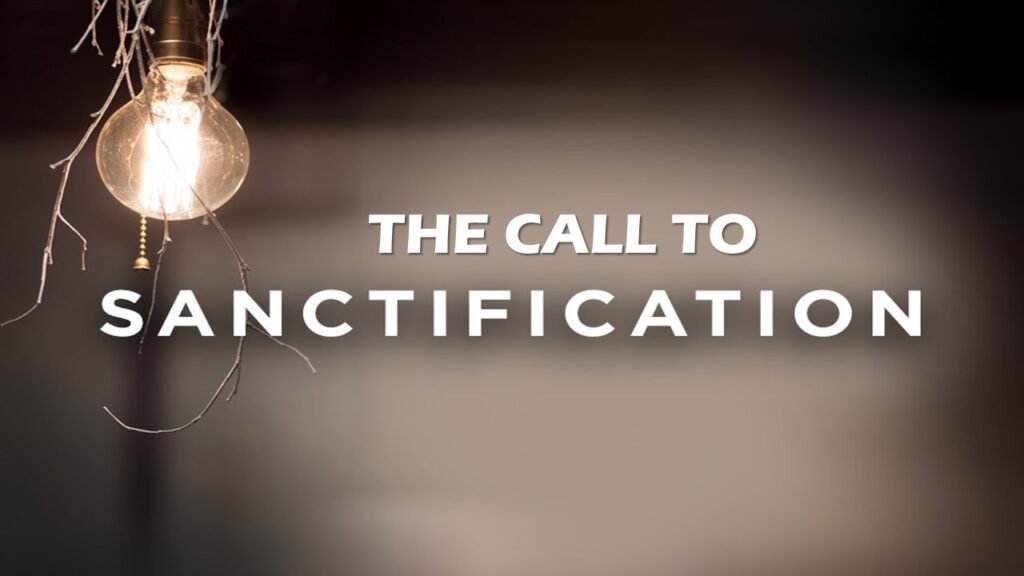
Addiction is a profound struggle that touches every aspect of a person’s life—physical, emotional, and spiritual. For Reformed Christians, addiction is not merely a physical or psychological issue but a manifestation of humanity’s fallen nature. The journey to recovery is seen as part of the broader process of sanctification, a lifelong transformation into Christlikeness through the work of the Holy Spirit. Sanctification and sobriety are deeply intertwined in the Reformed Christian approach to addiction recovery, emphasizing reliance on God’s grace, the power of the gospel, and active participation in spiritual disciplines and community support.
Sanctification: A Lifelong Journey
In Reformed theology, sanctification is the process by which believers grow in holiness after being justified by faith in Christ. It is a gradual, Spirit-led transformation that reflects the believer’s union with Christ. Sanctification is not instantaneous, nor is it free from struggles or setbacks. Instead, it is a journey that requires dependence on God’s grace and the means of grace He has provided.
For those recovering from addiction, sanctification provides a framework for understanding the journey to sobriety. Addiction recovery is rarely linear and often involves challenges and relapses. However, in the Reformed view, setbacks do not define a believer’s identity or worth. Instead, they are opportunities for growth, repentance, and deeper reliance on God’s transformative power.
The Role of Grace in Sobriety
Reformed theology places a strong emphasis on the grace of God as the foundation of all spiritual growth. Sobriety, like sanctification, is not achieved through sheer willpower or human effort. While discipline and practical measures are important, true and lasting change comes from God’s unmerited favor and the empowering work of the Holy Spirit.
Grace provides hope and assurance for those battling addiction. It reminds them that their worth is not based on their success in overcoming addiction but on Christ’s finished work on the cross. This grace also enables believers to persevere in their recovery, knowing that God is actively working in their lives to bring about healing and transformation.
Spiritual Practices in Recovery
Reformed Christians emphasize the use of spiritual disciplines, often referred to as the “means of grace,” as essential tools in the process of sanctification and addiction recovery. These practices include:
- Prayer: Regular, heartfelt prayer allows individuals to bring their struggles before God, seek His guidance, and experience His peace.
- Scripture Reading: Immersion in God’s Word provides wisdom, encouragement, and reminders of God’s promises, helping individuals resist the pull of addiction.
- Worship: Corporate worship fosters a sense of belonging and reinforces the believer’s identity in Christ.
- Accountability: Engaging with a church community or recovery group provides support, encouragement, and accountability, which are crucial for maintaining sobriety.
The Community of Believers
Sanctification is not a solitary endeavor. The Reformed tradition places a high value on the role of the church as a supportive and redemptive community. In addiction recovery, the church serves as a source of encouragement, accountability, and prayer. Fellow believers walk alongside those in recovery, offering love and support while pointing them to the hope found in Christ.
The communal aspect of sanctification underscores the importance of transparency and mutual encouragement. Addiction often thrives in isolation, but the church community provides a space where individuals can share their struggles and celebrate victories in an atmosphere of grace and truth.
Sobriety as Worship
In the Reformed Christian perspective, sobriety is not just the absence of addiction; it is a form of worship. By choosing sobriety, individuals glorify God with their bodies, minds, and lives. Sobriety becomes a tangible expression of the believer’s desire to honor God and live in obedience to His will.
Conclusion
For Reformed Christians, addiction recovery is more than breaking free from harmful habits; it is a spiritual journey of sanctification. Sobriety, sustained by God’s grace and strengthened through spiritual disciplines, reflects the transformative work of the Holy Spirit. Through prayer, Scripture, community, and worship, recovering addicts find the strength to persevere and grow in holiness. In this journey, the ultimate goal is not just freedom from addiction but a life fully surrendered to the glory of God.